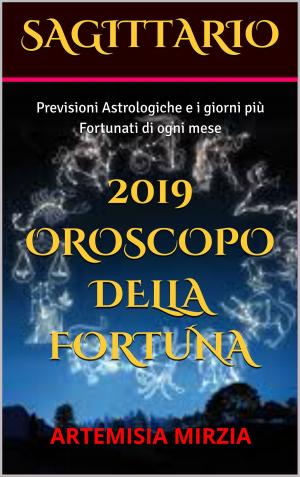Aeneid Liber Sextus
Nonfiction, Reference & Language, Foreign Languages, Latin, Religion & Spirituality, Occult, UFOs & Unexplained Phenomena, New Age| Author: | Dirk Bontes | ISBN: | 9781310687266 |
| Publisher: | Dirk Bontes | Publication: | March 12, 2014 |
| Imprint: | Smashwords Edition | Language: | English |
| Author: | Dirk Bontes |
| ISBN: | 9781310687266 |
| Publisher: | Dirk Bontes |
| Publication: | March 12, 2014 |
| Imprint: | Smashwords Edition |
| Language: | English |
The Aeneid was composed by the Roman poet Publius Vergilius Maro and consists of twelve books. This sixth book about the marvelous travels of the Trojan hero Aeneas is the longest, most read and most popular of the twelve. It also very much is a stand alone book.
Once there was the hidden world of the Realm of the dead: the Underworld or Orcus. Aeneas, the goddess Aphrodite's son, was one of the few mortals who visited that realm and who returned with his memory of that visit intact. This book is the testimony of that visit, which has had a huge influence on the European culture and religion.
This new translation is unique because the Latin text was approached from a modern point of view. The translation was done in the context of an awareness that Aeneas' voyage to the Underworld was not a metaphorical voyage with only a spiritual and moral meaning, but that he made a genuine voyage and that he truly visited the Realm of the dead.
The text was translated from the knowledge that the highest point in Aeneas' world was not the top of Mount Everest, but a space habitat on top of a space elevator: Asgard on top of the world tree Yggdradill / the Olympus on top of the world mountain Olympus.
Even Vergilius would have called this translation revolutionary, for neither he nor his later translators realized the true meaning of what he described.
The proper Latin text has 901 numbered lines. Between those lines are short linguistic analyses - by means of their Aryan (= Indo-European) roots - of certain names, interpretations of the text, and references to the world mythology.
This translation and interpretation of Liber sextus elucidates many things about the civilization of the pagan gods and about their advanced technologies and sciences, which often are as yet beyond our capabilities and grasp.
It also, of course, has Aeneas' marvelous voyage and adventure.
Prior to the translation there is a Reviews section, an Introduction and an Accountability. The book is concluded by a chapter Comments.
There has also been added a chapter about the Underworld described by the Macuxi indians, which has striking similarities with the Orcus, with the text by Gabriel Silva (with his permission) and its interpretation by Dirk Bontes.
The Aeneid was composed by the Roman poet Publius Vergilius Maro and consists of twelve books. This sixth book about the marvelous travels of the Trojan hero Aeneas is the longest, most read and most popular of the twelve. It also very much is a stand alone book.
Once there was the hidden world of the Realm of the dead: the Underworld or Orcus. Aeneas, the goddess Aphrodite's son, was one of the few mortals who visited that realm and who returned with his memory of that visit intact. This book is the testimony of that visit, which has had a huge influence on the European culture and religion.
This new translation is unique because the Latin text was approached from a modern point of view. The translation was done in the context of an awareness that Aeneas' voyage to the Underworld was not a metaphorical voyage with only a spiritual and moral meaning, but that he made a genuine voyage and that he truly visited the Realm of the dead.
The text was translated from the knowledge that the highest point in Aeneas' world was not the top of Mount Everest, but a space habitat on top of a space elevator: Asgard on top of the world tree Yggdradill / the Olympus on top of the world mountain Olympus.
Even Vergilius would have called this translation revolutionary, for neither he nor his later translators realized the true meaning of what he described.
The proper Latin text has 901 numbered lines. Between those lines are short linguistic analyses - by means of their Aryan (= Indo-European) roots - of certain names, interpretations of the text, and references to the world mythology.
This translation and interpretation of Liber sextus elucidates many things about the civilization of the pagan gods and about their advanced technologies and sciences, which often are as yet beyond our capabilities and grasp.
It also, of course, has Aeneas' marvelous voyage and adventure.
Prior to the translation there is a Reviews section, an Introduction and an Accountability. The book is concluded by a chapter Comments.
There has also been added a chapter about the Underworld described by the Macuxi indians, which has striking similarities with the Orcus, with the text by Gabriel Silva (with his permission) and its interpretation by Dirk Bontes.















